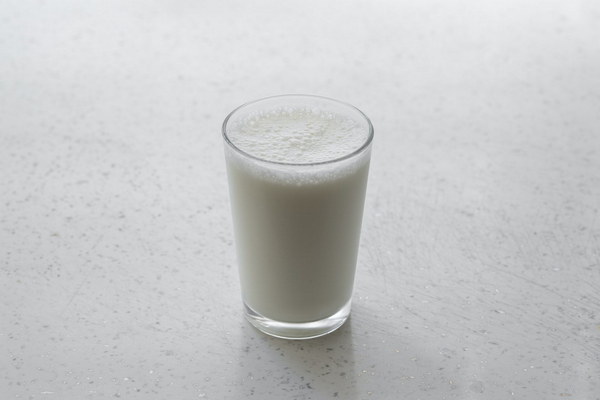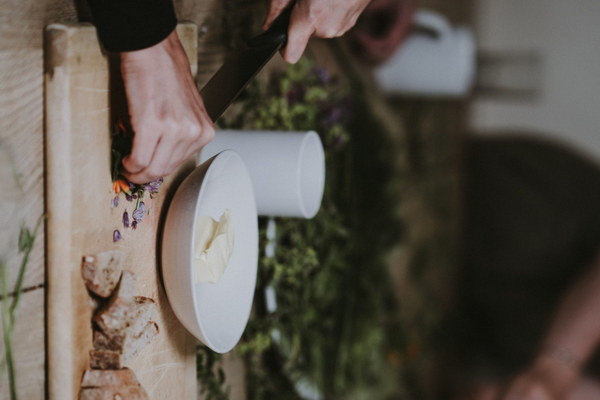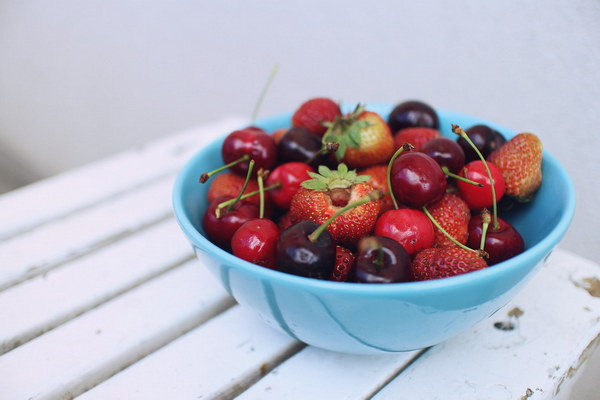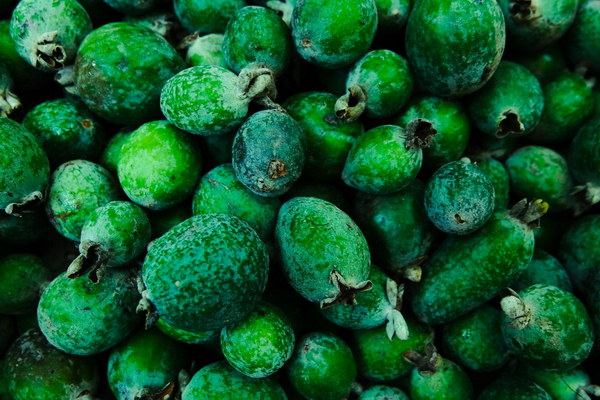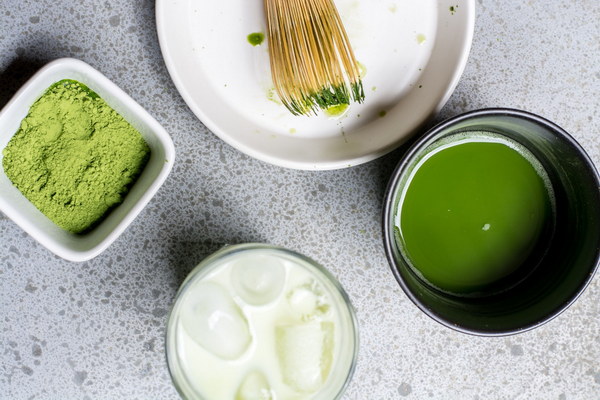The Art of Wellness Exploring Huizhous Traditional Herbs Tea Processing and Production
The Art of Wellness: Exploring Huizhou's Traditional Herbs Tea Processing and Production
Huizhou, a city nestled in the heart of Guangdong Province, China, has a rich tradition of herbal tea production that dates back centuries. The region's unique climate and fertile soil provide the perfect conditions for cultivating a wide array of medicinal herbs, which are then meticulously processed to create a variety of health-giving teas. This article delves into the intricate world of Huizhou's herbal tea processing and production, highlighting the cultural significance and health benefits of these time-honored beverages.
The Cultural Heritage
Huizhou's herbal tea culture is deeply rooted in the city's history. The local people have long been aware of the healing properties of various herbs and have used them in their daily lives for both culinary and medicinal purposes. The art of herbal tea production has been passed down through generations, with each family proud of their unique blend of herbs and processing techniques.
Herbal Selection
The first step in the process is selecting the right herbs. Huizhou's tea farmers meticulously choose from over 100 different varieties of medicinal plants, each with its own set of health benefits. These herbs range from well-known ingredients like ginseng and chrysanthemum to more obscure species like coix seed and astragalus root.
The selection process is not just about identifying the right plants; it also involves understanding the best time to harvest each herb. For example, certain roots are harvested in the autumn when their medicinal properties are at their peak, while leaves are typically picked in the spring for their rejuvenating qualities.
Harvesting and Drying
Once the herbs are selected, they are harvested by hand, ensuring that the plants are treated with the utmost care. The timing of the harvest is crucial, as it directly impacts the quality and effectiveness of the final tea product.
After harvesting, the herbs are dried, a process that can take anywhere from a few hours to several days. The drying method is equally important and is often done under the sun, which is believed to infuse the herbs with a certain vitality. In some cases, the herbs are also dried using smoke, a technique that has been used for centuries and is thought to enhance the flavor and therapeutic properties of the tea.
Processing Techniques
The next step is the processing of the dried herbs. This involves a series of steps designed to extract the essential oils and active compounds from the plants. Common processing techniques include:
- Steeping: The dried herbs are steeped in hot water to release their flavors and nutrients.
- Grinding: Some teas are ground into a fine powder to increase their bioavailability.
- Blending: A variety of herbs are often blended together to create a balanced and potent tea blend.

Health Benefits
Huizhou's herbal teas are not just a cultural tradition; they are also known for their health benefits. Many of the teas are believed to boost the immune system, improve digestion, enhance energy levels, and even reduce stress. The specific benefits depend on the herbs used, but some of the most popular include:
- Ginseng Tea: Known for its energy-boosting and longevity-promoting properties.
- Chrysanthemum Tea: A refreshing drink that is believed to improve vision and protect against eye strain.
- Peppermint Tea: Known for its soothing properties and ability to aid in digestion.
Sustainability and Future
In recent years, there has been a growing awareness of the importance of sustainable practices in herbal tea production. Huizhou's tea farmers are increasingly focusing on environmentally friendly methods, such as organic farming and rainwater harvesting, to ensure that their practices are sustainable for future generations.
As the demand for natural and healthy products continues to rise, the future of Huizhou's herbal tea industry looks promising. The city's unique blend of traditional knowledge and modern sustainability practices is poised to bring the benefits of these time-honored teas to a global audience.
In conclusion, Huizhou's herbal tea processing and production is a testament to the deep connection between tradition, health, and the environment. These teas are not just a beverage; they are a cultural heritage that offers a glimpse into the ancient wisdom of the region, and a promise of wellness for those who partake in their consumption.

